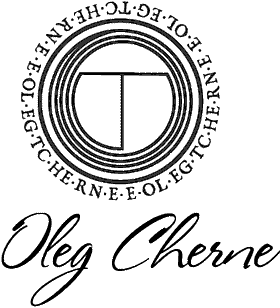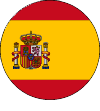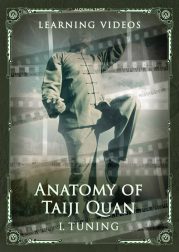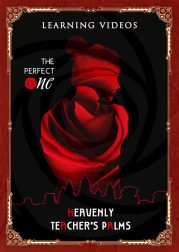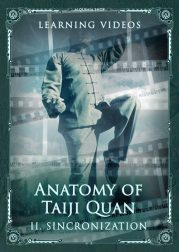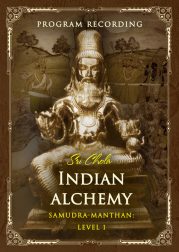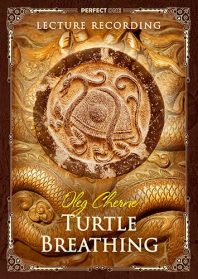

Development of Turtle breathing
Lecture by Jie Kong (Oleg Cherne)
Turtle breathing is a type of breathing that allows to comprehend inner breathing as a source of nourishment that we can develop through practice. It happens when a person shifts from breathing on autopilot to breathing intentionally. This serves as a source of inner nourishment and transformation.
Duration of the recording: 1 hour
Video format is 16:9.
Steps in developing the practice of Turtle Breathing
We start with understanding the concept of anatomy of respiration. Important topics include: how breathing affects internal development and how to tune to our breathe properly so that it becomes a source of obtaining various elixirs (energetic connections).
Following the proper body position is an important foundation while working with breathing in general, and most especially a prerequisite for the development of Turtle Breathing.
Proper position which involves a three-level position of the body during breathing allows a practioner to be conscious of the effort exerted in the diaphragm. This step requires the preparation of the physical body and the brain.
In working with the breath, we need to eliminate existing blockages in the body and restore the necessary functions of external respiration. It is needed in preparing for the process of internal breathing.
After transforming blockages, it is important to do tuning/attunement. It is the process of activating and increasing mental strength. With increased tuning, breathing becomes deeper and penetrates deeper layers of the body.
Breathing is then experience as an offering. This can be experienced through the awareness of the fullness of one’s breath. If we do not pay attention to the breathe as offering, then our internal rhythm of breathing will be distorted.
As a next step, Rhythm of breathing is when we become aware and observe the pulsation of energy in our breath. There are six naturally occurring efforts of energy inside our body that do not depend on external respiration.
» Consciousness of Breathing » is the process of transforming respiration into a state where our breath does not depend on the body, but the body on our breathing. This process in Daoist tradition represents the mythical animal — unicorn Qi Lin (麒麟), because it has focus and directed attention.
Energy breathing is a multi-step formula. The initial level of its mastery is called embryonic respiration, and it is connected with external respiration. In the process of mastering it, energy breathing becomes an exclusively internal effort, in which Alchemical, Turtle and Immortal types of breath can be developed. These types of internal respiration help to return the body to its original disposition, when it was nourished solely by the spirit (Shen energy).
Alchemical breathing is a type of respiration based on an alchemical structure created in the body associated with the crucible, the single center of the dantian. Alchemical breathing contributes to the cultivation of vitality and is associated with the transformation of energy. Alchemical breathing, unlike energy breathing, has no limitation, since it is connected with the distillation of energy.
The art of Turtle Breathing is the most important alchemical method of development. This is the practice of bringing breathing into a state independent of external respiration. It helps to master the depth of energy breathing and deepens alchemical breathing, where the distilled energy replaces breathing and transform the functioning of the body to a different frequency.
Video
Bone Marrow Regeneration
Jie Kong. The Hermit
Purchasing
- Warning! Only registered users can buy and watch training videos! Please, make sure you are logged in on the site before ordering.
- The video will be available in the media player on the page of purchased items after paying for the order.
- The link to the purchased video will be sent to you by e-mail with the order confirmation; it will also be available in your Personal Account.
- There is a lot of effort put into the creation of the training videos. They are the intellectual property of the author and may not be distributed further.
